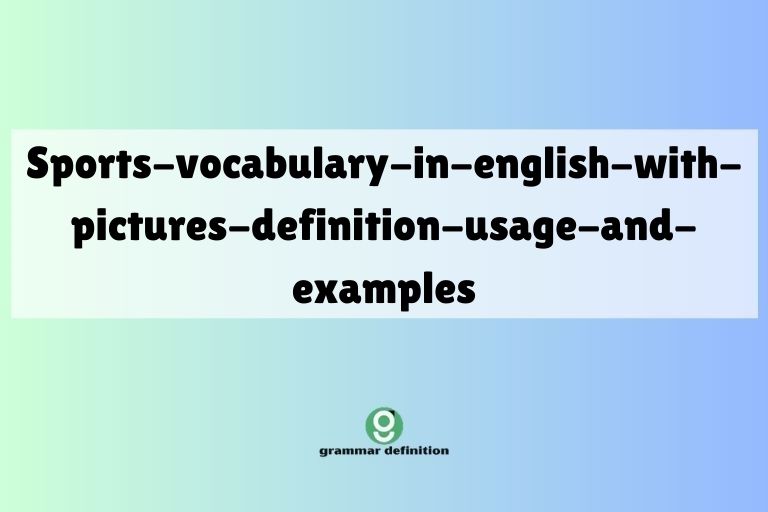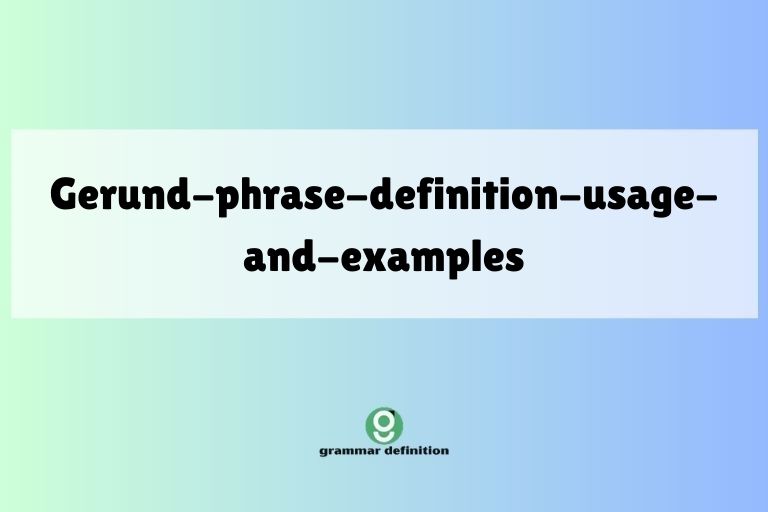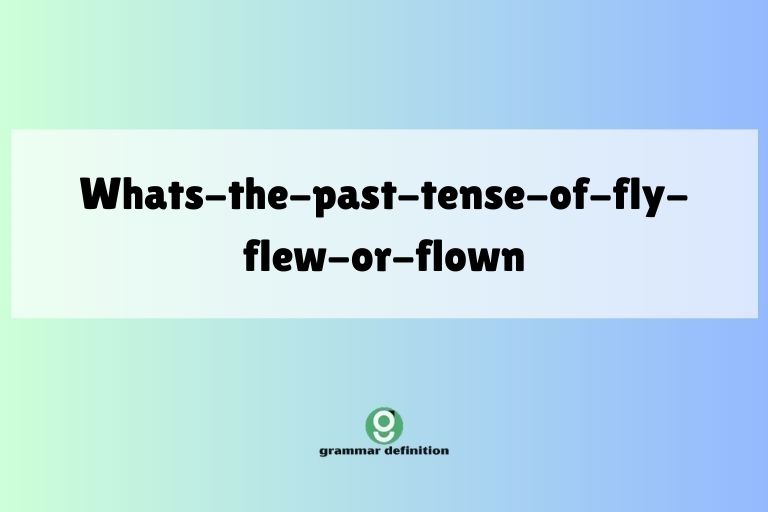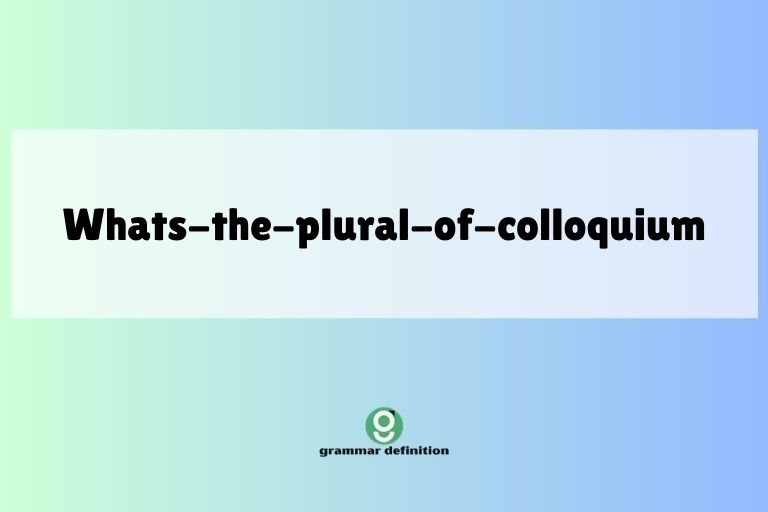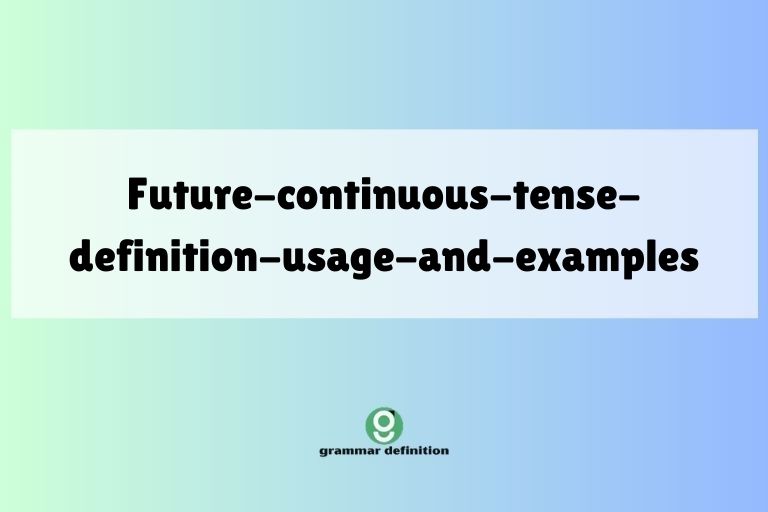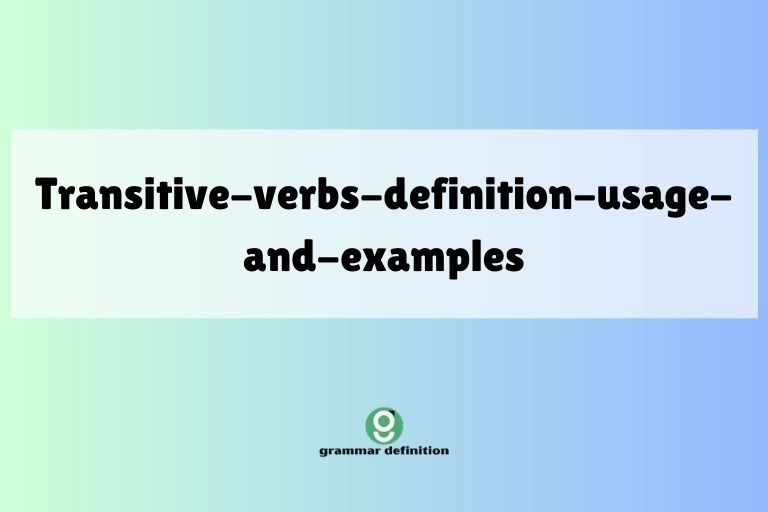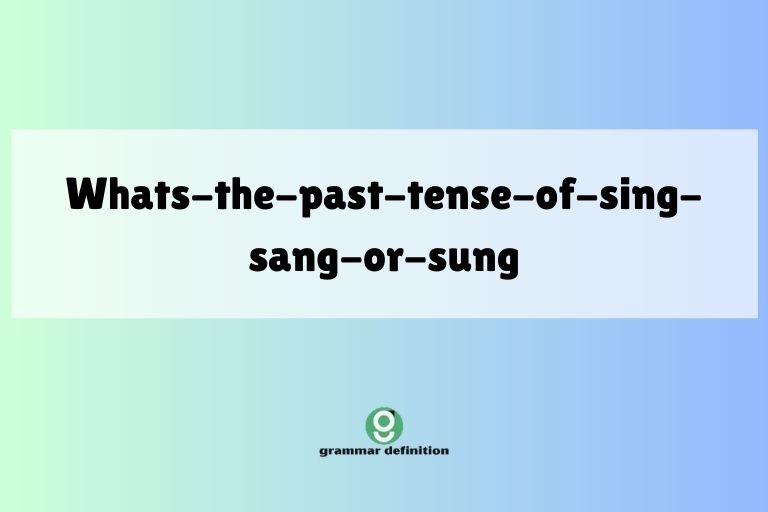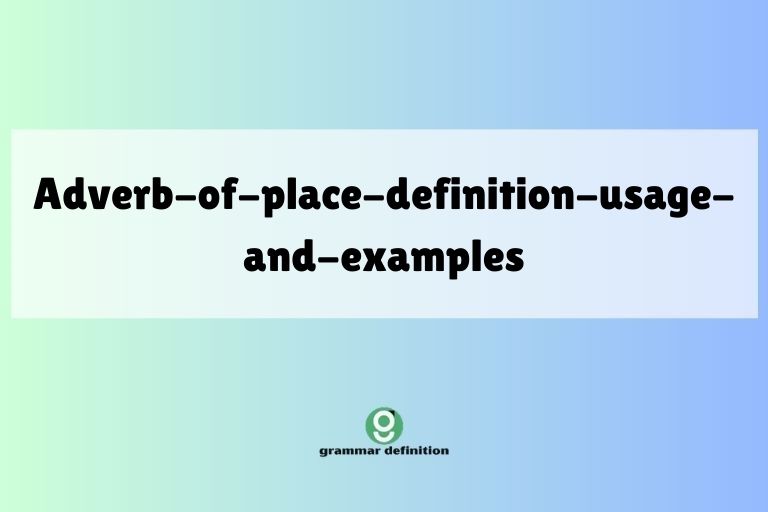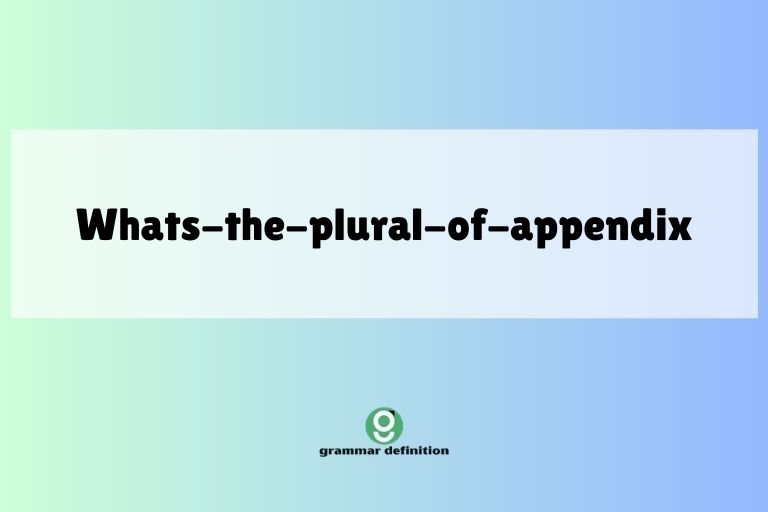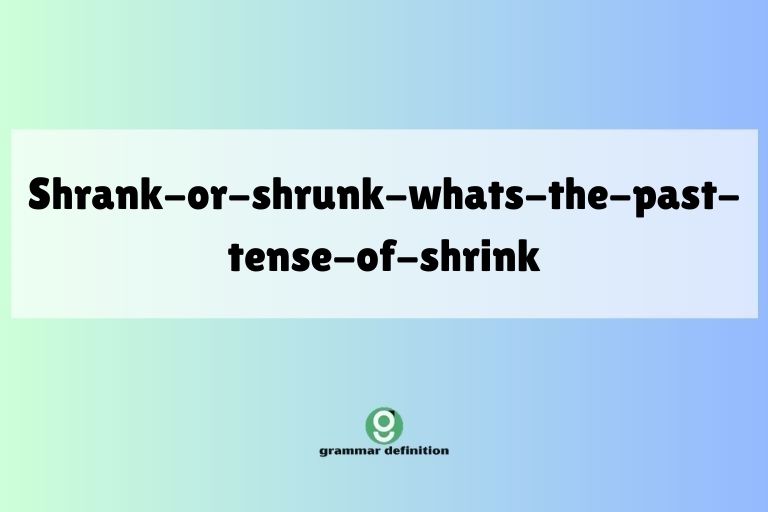English Sports Vocabulary: Definitions, Usage, and Examples
Sports are an integral part of culture and society, and discussing them effectively requires a specific vocabulary. Mastering sports-related terms enhances your ability to understand news reports, engage in conversations, and follow games. This article provides a comprehensive guide to essential sports vocabulary, covering definitions, usage, and examples to help you communicate clearly and confidently … Read more

